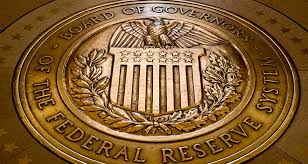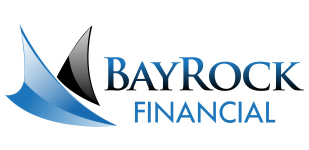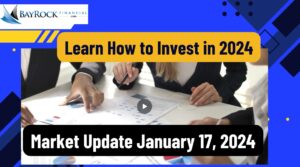Repo Market Madness Defined
The Repo Market is something to understand even if you don’t have money invested in the stock market. Learn why…
The Repo Market is managed by the Federal Reserve. In their effort to shore up the short term markets, the Fed, has recently pumped hundreds of billions into the repo in order to keep credit freely flowing.
In September we had a shortage of liquidity causing a spike in overnight borrowing rates.
But as the Federal Reserve intervenes, concerns about the rapid rise of equity prices and the “Market’s” dependence on these massive daily doses of liquidity have started to become more of a concern.
Is the Federal Reserve broken?
The Federal Reserve is essentially medicating the markets into calm submission in spite of something that lies under the surface. This something has not been identified by Wall Street, or The Fed, but you can be assured the Big Banks on Wall Street know where the risk is hidden.
No Fix in Site at The Fed.
According to Reuters
Reuters reported December 12, 2019: The $2.2 trillion repurchase agreement market – part of the inner workings of the U.S. financial system – is facing what could be another strain as the year comes to a close. That could have wider implications than just Wall Street.
According to MarketWatch
MarketWatch announced on December 7, 2019 that more than $320 billion of total repo market support from the Fed since Sept. 17. That’s when our central bank began pumping in daily liquidity after overnight lending rates jumped to almost 10% from nearly 2%.
According to BayRock
When we talk about repo market, we have a very interesting challenge for investors. The Fed is providing massive liquidity to the repo market.
But It’s Not QE
Regardless of what you think, even though Federal Reserve (chairman Powell) says its “not QE”, there is a clear correlation between the massive injections of liquidity into the repo market and the rapid rise of asset prices in Q4 of 2019.
Repurchase Agreements
A repurchase agreement, also known as a repo, or sale, is a form of short-term borrowing, mainly in government securities. The dealer sells the underlying security to investors and buys them back shortly afterwards, typically the following day and generally at a slightly higher price.
The repo market is a very important source of funds for large financial institutions. These institutions are in the non-depository banking sector, which has recently grown in size to rival the traditional depository banking sector.
Institutional investors such as money market mutual funds lend money to other financial institutions such as investment banks. These loans are usually in exchange for (or secured by) collateral, such as Treasury bonds and mortgage-backed securities held by the borrower institutions. An estimated $1 trillion per day in collateral value is transacted in the U.S. repo markets according to Wikipedia.
The Asset Valuation Explanation
The Federal Reserve is the buyer of last resort in the repo market. The Fed’s funding operations underpin much of the U.S. and international financial system. Liquidity in the repo market helps to ensure banks have the liquidity they need to meet daily operational cash flows while maintaining sufficient reserves.
Stay Tuned for More from The Federal Reserve in 2020:
- Higher Highs
- Lower Lows
- Volatility
- Fixed Income
- Equities
- Volatility of Volatility

Jim Munchbach
Leave a Replay
Update Your IRA Today!
You Talk.
We Listen.
Conveniently located in the UH Technology Bridge.
Connecting People and Ideas.






